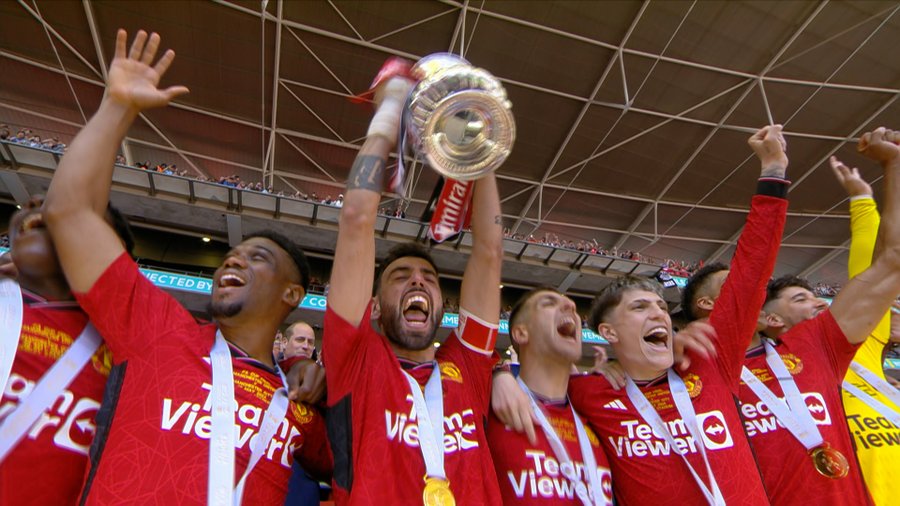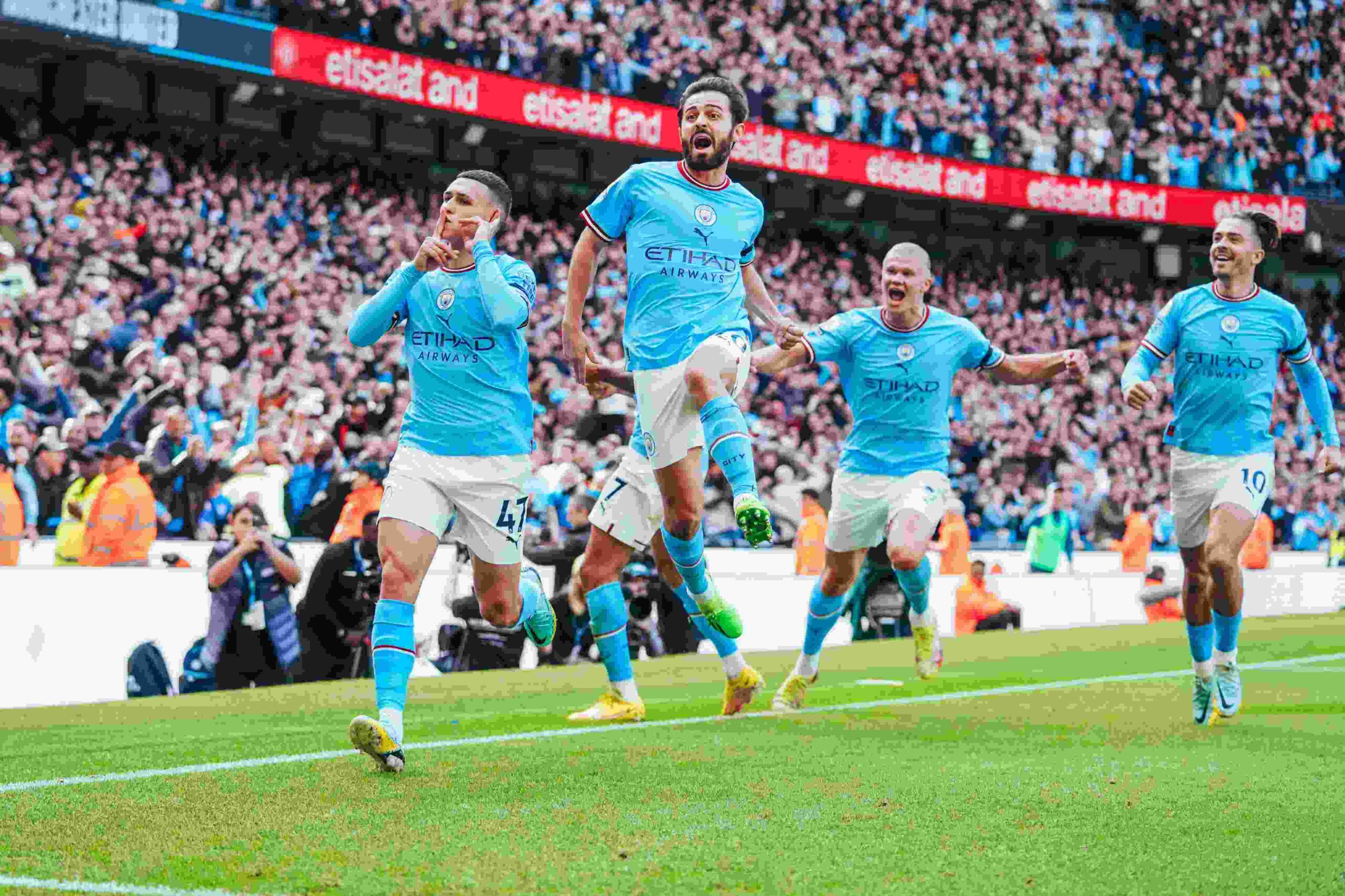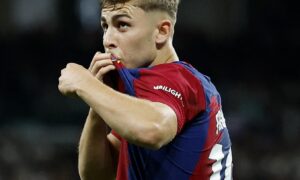Manchester United fans can finally put their worries aside. Despite initial concerns about ownership conflicts, the Red Devils are confirmed participants in next season’s Europa League.
This news comes as a welcome relief after their dramatic FA Cup win against Manchester City, which secured a European spot despite their disappointing eighth-place finish in the Premier League.
But, a problem came up because of Sir Jim Ratcliffe. Though he just owns a small part of Manchester United, he fully owns Nice, another team that made it to the Europa League by ending fifth in Ligue 1.

UEFA, which runs European football, has rules that stop teams with the same owner from playing in the same contest.
Since Nice did better than United, the latter might have had to drop to the new, less famed Europa Conference League.
Thankfully, after constructive discussions with UEFA, a solution has been reached. Both the clubs will be given a spot in UEFA Europa League.
Also Read: Matheus Cunha In, Sancho Out? Man Utd Target £60m Forward
This decision is expected to be officially confirmed within the next two weeks by UEFA’s Club Financial Control Board (CFCB), which oversees financial regulations within European clubs.
Interestingly, Manchester City faced a similar situation with their sister club Girona qualifying for the Champions League. Just like United, City have also been granted permission for both teams to compete in their respective European tournaments. However, this leniency might not be the norm moving forward.

Here’s where things get a little more complex. UEFA’s current regulations state that two competing clubs cannot share ownership exceeding 30%.
While Sir Jim Ratcliffe’s stakes in both Manchester United and Nice fall within this limit, the situation with Manchester City and Girona is different.
Manchester City Football Group, which owns City, holds a 47% stake in Girona, exceeding the current threshold.
Also Read: Man Utd Eyes Hungarian To Strengthen Left-Back Position
This has sparked discussions within UEFA about potentially tightening these regulations to prevent similar ownership conflicts in the future, as revealed in a leaked document obtained by The Times.
In conclusion, Manchester United fans can celebrate their club’s secured spot in the Europa League.
This decision highlights the ongoing debate and potential changes surrounding multi-club ownership within UEFA.
While United and City received a green light this time, stricter regulations might be implemented in the future to ensure a more balanced playing field in European competitions.







